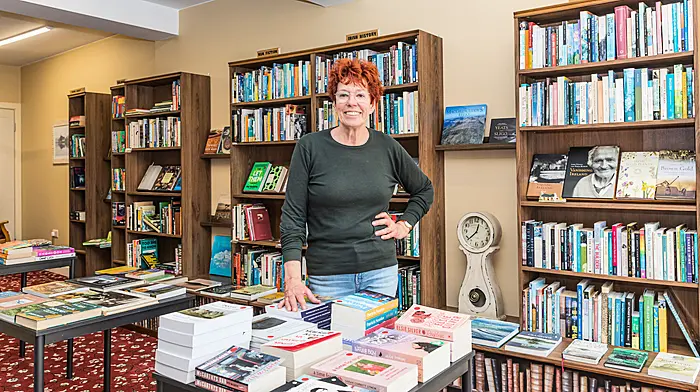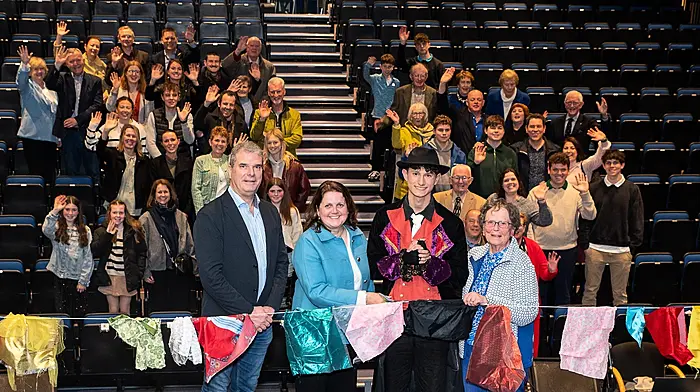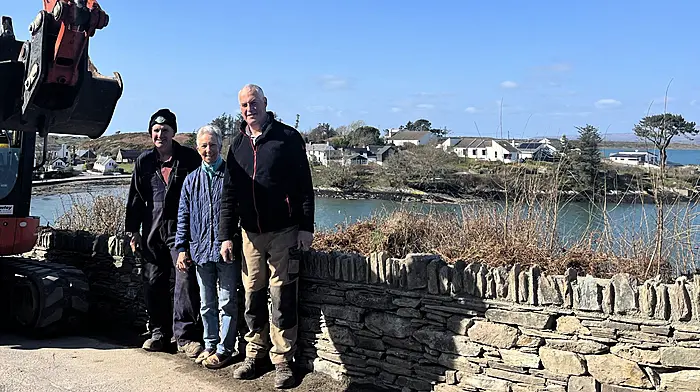WHEN HBO announced they were planning an adaptation of The Last of Us — one of the most popular video games of all time — people understandably got a little excited.
The Last of Us takes place in an alternative reality where a fungus called Cordyceps mutated, causing anyone who got infected to become a zombie and resulting in a global pandemic with much more harrowing effects than the one we've been living through in the real world.
The first outbreak occurs in 2003 and the world as we knew it collapses over the course of a weekend.
As a setup it does sound slightly tiresome — in a time where escapism is the biggest seller why would anyone want to escape into a world with outbreaks and infections and pandemics.
But what The Last of Us does so well is use its setting to tell universal stories and focus on the human experience, even if that experience feels far away from reality.
The basic plot follows the fortunes of a man named Joel (Pedro Pascal) who has to protect a young girl, Ellie (Bella Ramsey) as they make their way across America. Ellie is immune to the infection — perhaps the only person who is — and needs to get to a scientific facility for testing.
It's one of those 'the fate of the human races relies on us' stories.
At the time of writing we are only three episodes into a run of nine, with a second season already confirmed. The show has already been heralded as one of the best of the year after just a month of 2023, and has sent the internet into overdrive with each passing scene.
It's become so popular that HBO have taken the unusual decision to make the entire first episode available to watch on YouTube, such is their confidence that people who see it will pay to watch the rest.
Showrunner Craig Mazin, of Chernobyl fame, was brought on board to work alongside the original game's creator Neill Druckmann, and ensure any adaptation was both true to the story of the game while drawing in a TV audience.
Considering the huge reaction it's safe to say they have succeeded, but how?
The relationship between video games and both the big and small screen has been a complicated one throughout history. Some of the most popular games have been adapted, with mixed results.
World of Warcraft became Warcraft and netted over 400 million at the box office, despite being one of the worst films of the past decade.
The Witcher 3: Wild Hunt became The Witcher on Netflix, the game itself being an adaptation of a series of novels.
Adapting is the name of the game, and it's also the key word here.
Fans of The Last of Us have praised the show for sticking to the source material in the first two episodes, with scenes, dialogue and even some shots recreated almost exactly.
One of the biggest things Mazin and Druckmann have taken from the game is not just the story, but its attention to detail.
A benefit of telling stories through narrative games is that you can have a lot more time to do so, and there are a variety of storytelling devices you can employ.
While cutscenes and dialogue will cover the main points, backstory is added by the player's own actions. Do you bother reading an entire letter you've picked up or do you quickly throw it aside? Do you check that back room to see if there's anything of note?
The player has some level of control in the story they are experiencing.
In TV there is no real 'choice' for the audience. Sure, you can pay more attention and thus link scenes together thematically, but you are at the mercy of the writer and director who ultimately decide what you see and hear.
Which is where Mazin's influence in adapting the story can be seen at its most powerful.
The 'big' moments in a zombie show will always be some of the most memorable — the first time you see an 'infected', or the giant explosion we see in episode two — but smaller details are television's bread and butter.
In the third episode we learn that the infection spread so fast because it got into the food supply, most likely in grains or flour, or pancake mix.
Flashback to the first episode: Joel's daughter complains that there isn't any pancake mix in the house for her father's birthday. He promises to get a cake on the way home but as a busy single father can tend to do, he forgets.
These are tiny details which show just how close Joel has been to becoming infected. While less tense than the occasions he has to fight off infected, they still cut deeper.
And that's part of what will be the TV show's enduring appeal.







